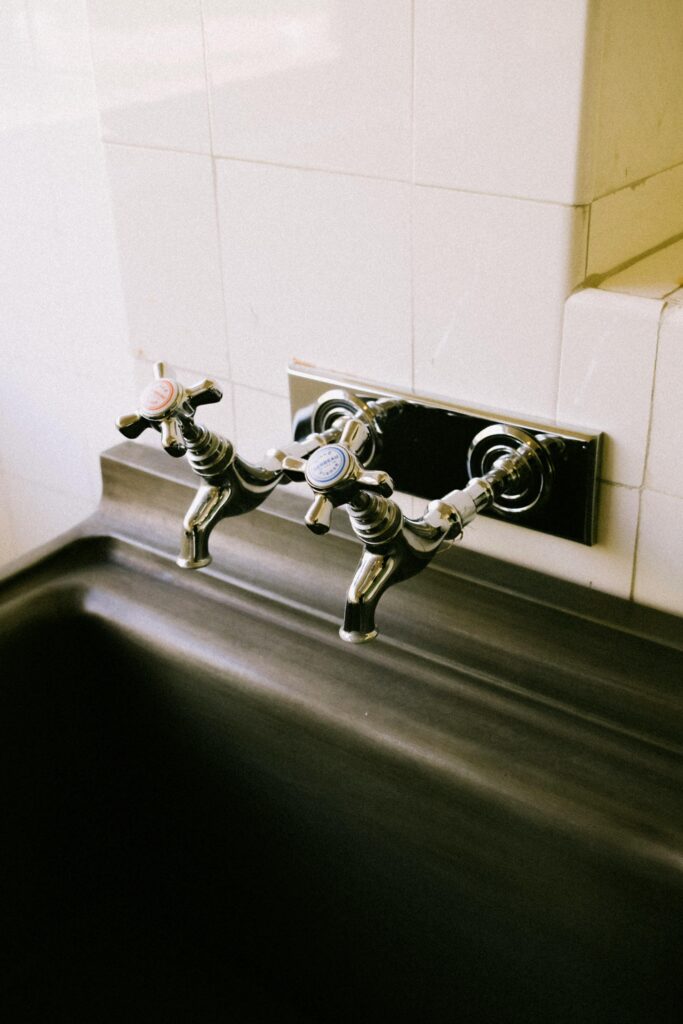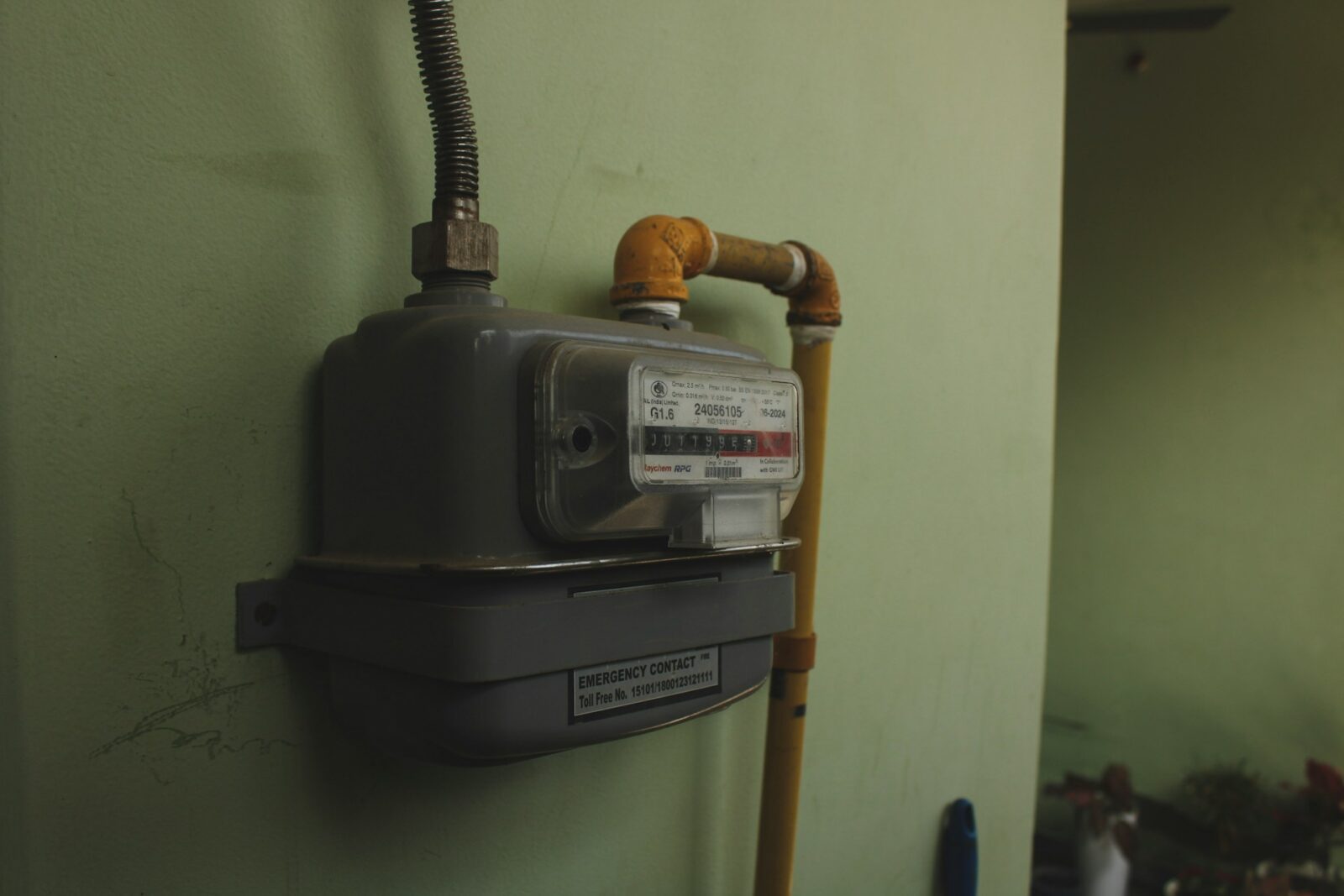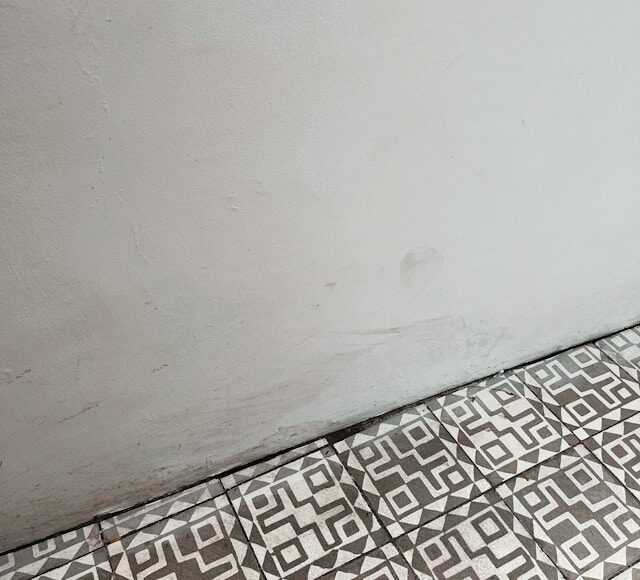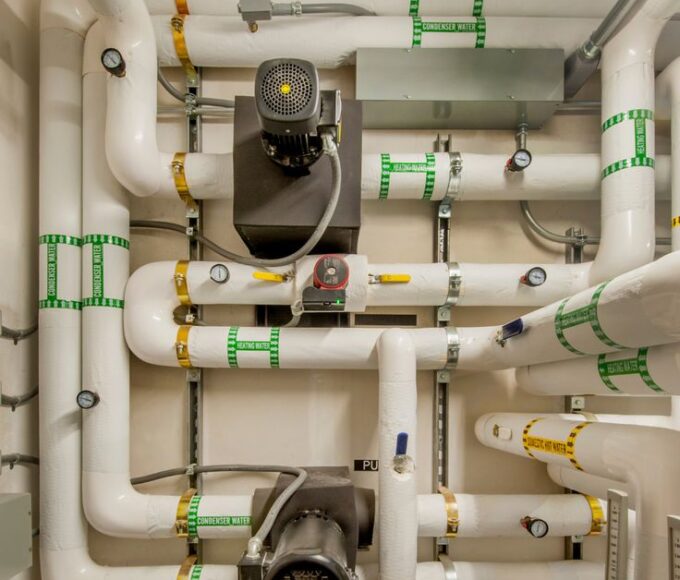The appropriate heating and cooling system can be the key to maintaining a comfortable house all year round. Add heat pumps- this is a good alternative that can effectively heat during winter and cool during summer. There are too many models available, though, which one is the best fit in your room? This tutorial will take you through all you need to know when choosing a heat pump that would suit you well. You can be well informed to make a decision based on the comprehension of their functionality as well as the aspects to be taken into account during their installation. Let us plunge into this must have guide to homeowners who want to be comfortable without any form of compromise!
Understanding Heat Pumps: What They Are and How They Work
Heat pumps are new products with the ability of transferring heat as opposed to the creation of heat. They utilize a refrigeration cycle to shift the warmth somewhere to some other place, which may be especially effective in areas with moderate temperatures.
During winter, heat pump takes in the heat of air or earth outside and introduces it inside the home. Thermal energy can also be extracted even when the temperature is low. During the warmer seasons it is the opposite, the process takes away the heat in your house and gives it out of the house.
These two features make heat pumps a good choice for year-round comfort. Moreover, they sometimes use less power than the conventional heating systems since they just circulate existing heat rather than producing it.
As technologies get sophisticated, most of the new models are fitted with intelligent features and better efficiency ratings. Knowing these essentials will enable the homeowners to value the reasons why installation of a heat pump may be beneficial to their homes.
heat pumps Install Brisbane Keep your home comfortable year-round with reliable and energy-efficient solutions tailored for Brisbane’s climate. Our expert team ensures quick, professional installation and lasting performance, helping you enjoy perfect indoor temperatures while saving on energy costs.

Factors to Consider When Choosing a Heat Pump
There are a number of considerations in the selection of the appropriate heat pump. First, consider your climate. Heat pumps have an optimum performance under moderate temperatures but might not cope with extreme cold.
Secondly, consider the kind of heat pump to install in your house. Air-source models are usual, although geothermal possibilities may be more efficient and long-lasting in case you have an appropriate land.
Look at noise levels too. There are models that do not make noise and some that may be very noisy and this may impact on your comfort.
Installation requirements should not be left out. It is also important not to place it improperly so that it can be optimally used; professional analysis may also be useful to prevent possible problems in the future.
Consider other items like smart thermostats or zoning. These are able to increase convenience and efficiency in the long run. All these factors are important in making sure you make a well informed decision concerning your heating needs.
Size and Capacity Requirements
It is important to ensure that you select the appropriate size of the heat pump to use in your home. A small unit will not be able to provide comfort, whereas a large one will cause the loss of energy and high utility costs.
In order to calculate what capacity to use, look at the size of your space in square feet. An expert load analysis will assist in determining some aspects such as the level of insulation, location of windows, and the climate of the area.
Depending on ducted systems sometimes the ducting needs different sizes in comparison to ductless systems. When you are dealing with many zones or rooms to be heated or cooled, then you must consider each zone in the calculations.
It is worth remembering that each house is different. Individualizing your choice of heat pump to match those unique needs would increase efficiency and performance. This is not a step to ignore and it is very crucial in ensuring that your system has been brought to operate within your satisfaction in the long-term.
Energy Efficiency Ratings and Cost Savings
Energy efficiency ratings are very important when deciding on a heat pump. These ratings are the measures of the effectiveness of the unit in transforming electricity into heating or cooling. Find models that have large Seasonal Energy Efficiency Ratio (SEER) and Heating Seasonal Performance Factor (HSPF).
Increased efficiency usually means a reduced utility bill. A well-functioning system consumes less energy and this may have a lot of savings in the long run. These savings may be realized in the near future, though the initial investment may be increased.
Take into account any existent rebates or incentives. There are numerous subsidies in different areas in which a good energy-based system can be installed. This would also ensure that your initial expenses are subsidized and the transition is not a strain to your budget.
Scheduled repairs are also a factor that leads to efficiency in the long-term and cost-effectiveness. It is well-known that the better your heat pump is maintained the better it will perform and therefore maximize those potential savings and reduce the number of repairs in the future.
Installation Process and Considerations
In case of installing a heat pump, there are a number of factors involved. To begin with, you will need to find a competent HVAC specialist that has experience dealing with heat pump systems. Installation is an important factor to ensure good performance and life.
A home analysis will be completed before the installation commences. The technician is expected to assess your present heating and cooling requirements as well as space planning. This makes the system chosen to serve perfectly on your existing infrastructure.
The place of the unit placement is also important. The outdoor units are to be properly ventilated and shielded against harsh weather conditions. The units inside the building should be located in a way that will promote the circulation of air around your rooms.
Also take into account any changes required. Upgrades or repairs can be made to ductwork in case you want to use ductwork. When planning a ductless, consider the location of every indoor unit depending on the size of the room and usage behavior.
You should also remember about permits or local rules on installations in your area, it is always better to have this sorted out in advance, so that you do not have to bend your head later.
Another necessary step in this process is budgeting on the cost of installation; consider the possibility of unexpected costs incurred during the installation.
When properly planned and professionally advised, the selection and installation of the appropriate heat pump can result in more than just comfort and can save a lot of money in the long run.
















